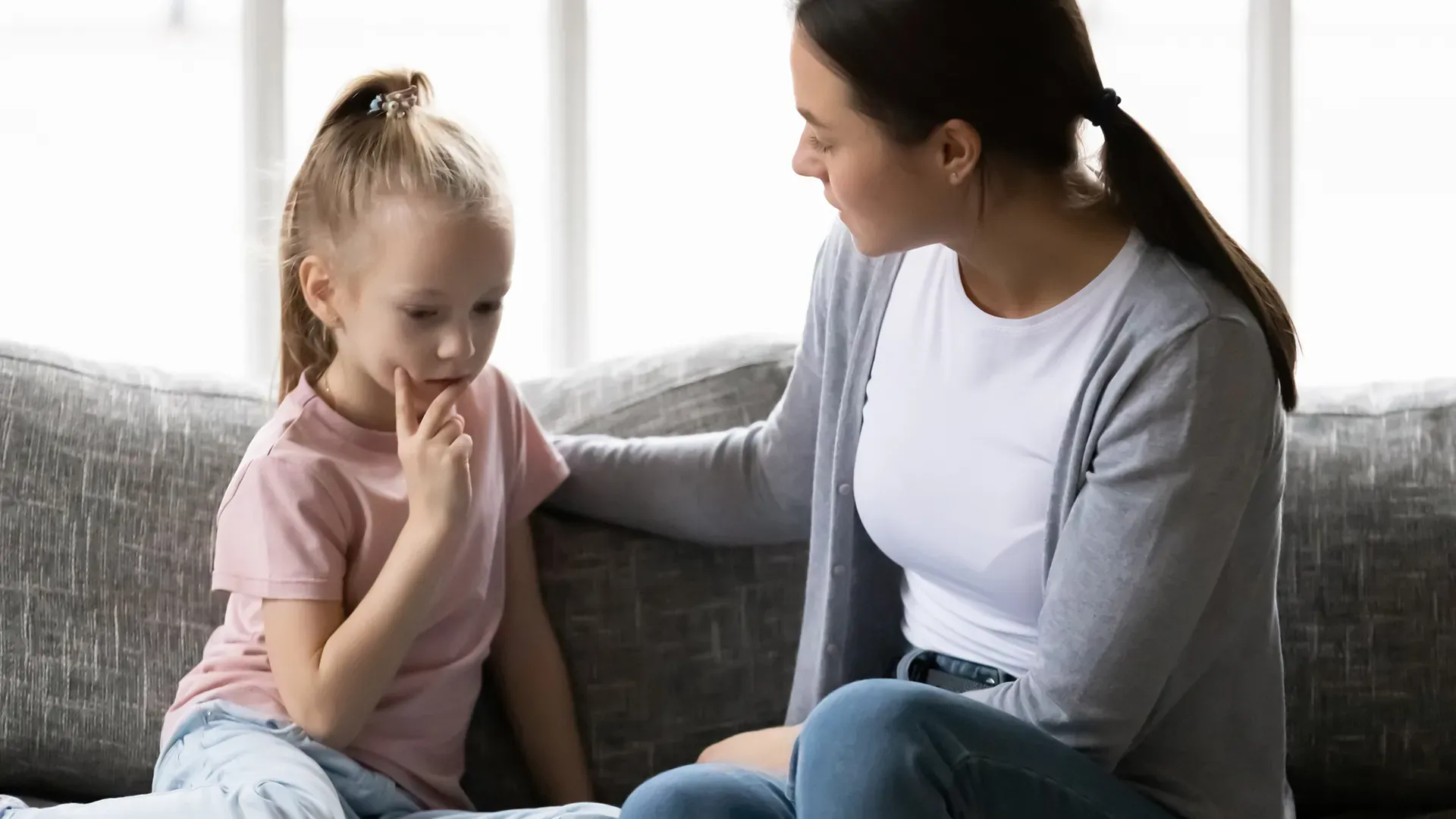Talking about your cancer with loved ones can be difficult. From diagnosis through treatment and beyond, how you feel about your cancer will probably shift. Some days, you may feel hopeful; other days, you may feel angry, sad or afraid. This can make it hard to put your feelings into words.
Whether you're breaking the news about your diagnosis or explaining the details of your treatment, it’s your decision who you tell about your cancer and which details you share.
When loved ones want to help
After you tell the people in your life that you have cancer, one of the first questions they may ask is "How can I help?". If you're still processing the news of your diagnosis, that might be a difficult question to answer. If you're having trouble answering this question, you might find our article on 'How to ask for help—and accept it' useful. And you might also want to direct your loved ones to our article on for 'What to ask instead of ‘How can I help?’, which may give them some ideas about how to support you.
What's most important is that you and your loved ones communicate openly and honestly about your needs. Telling your loved ones what you need, or don't need, will help them be more supportive during this time.
When people say too much
Friends, family, colleagues and acquaintances may have very different reactions when you tell them you have cancer. Some people won’t know exactly what to say. Some may choose their words carefully. But others may say too much or ask questions that make you feel uncomfortable.
Although it's important to try to be open about how you're feeling about your cancer and to encourage those closest to you to do the same, it's just as important to set some boundaries.
As you tell people about your diagnosis, you may find yourself answering the same questions over and over. People might ask about details that you may not be willing to share or express their own fears and anxieties about your cancer. These conversations can be difficult.
Rather than shutting down a conversation completely, you can try gently changing the subject:
- "I appreciate your concern, but can we talk about something else?"
- "I don’t feel comfortable sharing that with you. Let’s talk about something else."
- "Enough about cancer! How are you doing?"
You might also try using a free app, ByYourSide, designed to help manage life with cancer. On the app, you can build a circle of support and share health updates with your friends and family. You can choose which people you want to keep in the loop, so you can communicate with them as often as you want without feeling the need to repeat the same things over and over.
When people treat you differently
You may feel that your loved ones look at you differently after a diagnosis of cancer.
Judi, an artist and spoken-word poet with stage 4 thyroid cancer, knows this struggle all too well. “I didn't want to be defined by my illness,” she says. Because of this, she avoided talking about her cancer for 3 years.
Eventually, Judi felt a yearning to share her story after keeping it to herself for so long. She realised her story was powerful, and by telling it, she could help others who were going through something similar. She found a way to be open while still maintaining a sense of normality.
When people make hurtful comments
"Sometimes, well-meaning people say insensitive things," Judi says. "They don't understand that what they're saying is painful to the person who’s ill. I've been told that I should be grateful that I have a slow-growing cancer. I'm sorry – nobody who has cancer needs to be grateful for that diagnosis. I've had people talk about their uncle, or their dog walker or their grandfather who had a similar illness, and then I feel like I have to feel sorry for them and comfort them. And sometimes I just don’t have the energy for that. It’s a difficult thing. Often people are just trying to connect with you and sympathise with you. But those kinds of comments have the opposite effect for me."
If you're not sure how to deal with these kinds of comments, take some time to figure out which topics are sensitive issues for you. For example, you may feel irritated when people question the choices you’re making about your treatment. Maybe you hate it when people say, "Don’t feel sad!" or "Cheer up!".
You might find it helpful to jot down a few ways you could respond to the comments that bother you. Simply changing the subject might be easiest. Or perhaps you want to tell people more directly why their comments are hurtful to you. If you let them know how something made you feel, they may try not to say things like that again in the future.
You might say:
- "I know you're just trying to help, but when you say __, that makes me feel __."
- "Telling me not to be sad doesn't really make me feel better. I just need someone to listen right now."
- "I'm so sorry to hear that. But I hope you can understand why I might not be able to talk about this right now."
Surround yourself with people you can rely on
If someone you love says something that hurts you, you may want to let them know—even if that conversation is uncomfortable. If you don't, you might find yourself in the same situation again or even resenting that person. Remember that when loved ones say things that don't sit right with you, it's usually not because they're trying to hurt you.
Barbara, who has lived with different types of cancer, learned this crucial lesson: It's important to identify the people who are truly there for you. She took stock of the people she could rely on during her challenging times and she chose to surround herself with those people.
Cancer may not be easy for you or your friends and family to talk about. If your loved ones upset you, try to view it as an opportunity to help them communicate in a way that makes you feel more supported. But if they continue saying hurtful things, you may need to distance yourself from them and instead spend more time with the people in your life who are truly caring and empathetic.
Above all, try to be as open and honest as you can be with your loved ones, and don’t be afraid to let them know what you need.






